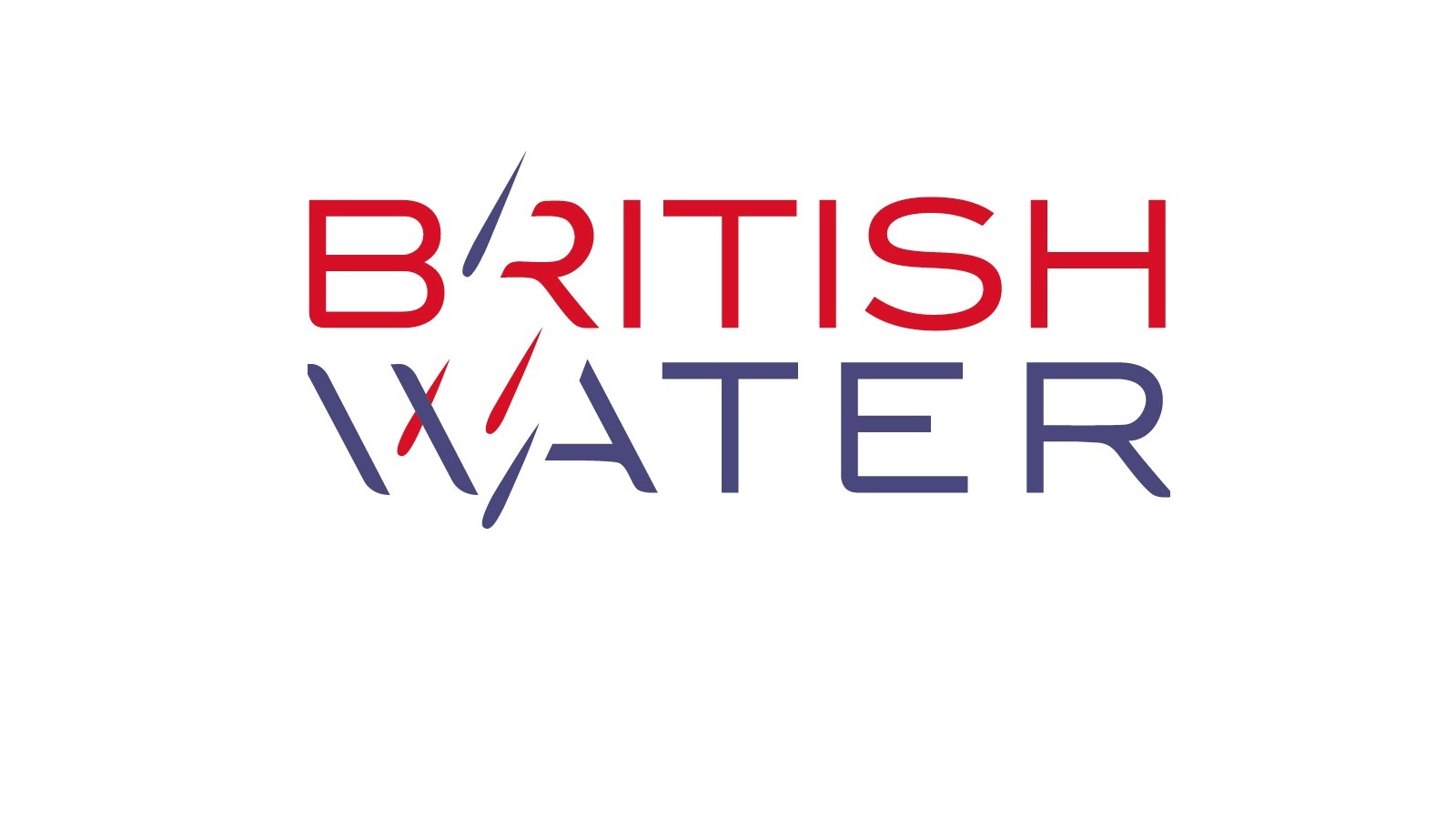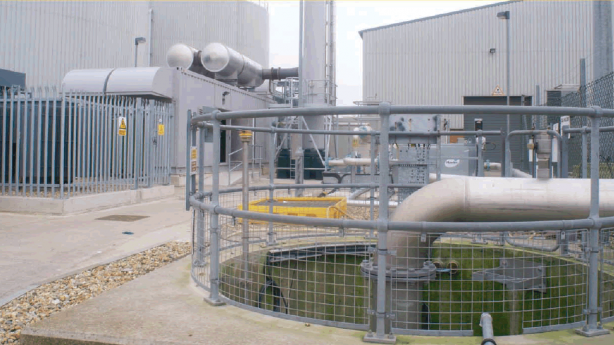British Water has issued a warning that the UK water sector needs to work more collaboratively and transparently or more supply chain companies could abandon the sector altogether.
Earlier this year, British Water’s Supply Chain Taskforce surveyed supply chain companies on their experiences of working with water companies. Based on the extensive findings, the UK’s leading water sector trade association has issued a list of recommendations to on how to improve across three key areas: innovation, procurement, and cyclicality.
“These recommendations create the opportunity to accelerate innovation and achieve the sector’s ambitious goals,” said Shaun Stevens, UK general manager at EPS who is lead author of the report and former chair of British Water’s UK Forum.
“However, if the water industry doesn’t change, the supply chain will increasingly move to other sectors and focus overseas.
“In today’s resource-constrained market, this will severely limit utilities’ ability to achieve customers’ expectations. “
Slow to adopt
The supply chain participants expressed concern that at the current pace of deployment, many innovations created today will not be deployed before 2030.
“This slow pace of adoption means that achieving zero pollution spills by 2025 and net zero by 2030 is going to be very difficult to achieve,” said Stephen Kennedy, head of digital and innovation at MWH Treatment, who led the report’s innovation section. “The age of multiple trials across individual water companies, taking 10 years or more, has to stop and be replaced by an accelerated process of rapid pilots followed by mass applications. “
To enable this shift, the British Water Supply Chain Innovation Task Force has made the following proposals:
• A clear business case must be prepared before innovation areas are sought, defining the success criteria, and detailing the volume and value of the deployment, should the success criteria be met
• To eliminate trials across multiple water companies, consideration should be given to independent validation through third parties, the results of which would be accepted by the other companies
• Trust needs to be built between the innovators and the water companies. This should be built on deployment in accordance with the business case if the trial is successful and a fair and equitable balance of risk transfer through commercial arrangements.
“When there is confidence in the application of successful innovations, fair and equitable commercial conditions and stable and visible long term investment programmes, the pace of innovation in the sector will increase and help the sector achieve its customer’s ambitious expectations,” added Kennedy.
Onerous procurement
A sustainable and productive supply chain is critical to all water companies if they are to meet current and future demands on the industry. However, survey respondents reported it has become more onerous to engage with water companies during the procurement process, and disproportionate risk is passed down the supply chain.
“Water companies need to ensure their procurement processes are fit for purpose, which includes good communication, providing a route for innovation and a focus on building long-term relationships,” explained Rachel Lewis, chair of British Water’s UK Forum and owner and director of IQ Engineers, who led on the procurement recommendations.
“They need to provide well prepared information and allow the supply chain to see what projects are in the pipeline so they can plan resources.”
Areas which slow down procurement include multiple levels of approval processes and unclear technical standards, which the supply chain taskforce say can be reduced by early involvement of supply partners to ensure specifications are correct and time frames are realistic.
The report recognises that the supplier community is made up of a wide range of companies, making it difficult to take a single approach to procurement. However, the over-riding message is that it is critical for water companies to actively support good businesses to retain the skills, knowledge and capacity necessary to deliver capital projects and maintenance programmes.
There is also a warning that if this is not done, businesses and people will leave the sector, exacerbating the skills shortage.
Good communication with the supply chain both prior to and during frameworks and tendering should aim to minimise the number of rounds and prevent dates slipping. Prompt communication minimises delays and keeps momentum – which will improve the productivity of the supply chain.
Other recommendations by the Supply Chain Procurement Task Force are that contracts should:
• Be fit for purpose
• Have standard terms & conditions where possible to avoid bespoke agreements being negotiated each time
• Be aligned to commercial risk profile and financial rewards
• Be based on whole-life cost
• Be accessible to small-to-medium enterprises (SMEs)
The findings conclude leadership from water companies must support good procurement across the wider supplier community, to improve productivity and ensure businesses and individuals remain in the industry and work effectively together.
End cyclicality
Cyclical investment in the water sector has led to a stop-start cycle within the supply chain with schemes typically being delivered within the middle three years of the five-year cycle. The start and end of the cycle can lead to lean periods of great uncertainty, loss of productivity, redundancies and an environment of uncertainty in which SMEs are particularly badly affected.
“The return of boom and bust is concerning the supply chain, leading to shortages of resources, stress for all involved and a reduction in the number of companies interested in being part of the supply chain,” said Angus Fosten, UK business development director at Partech – who oversaw the cyclicality recommendations.
“We are seeing a disconnect between top level management, and the planning work being carried out in the field.”
Fosten warned that the current regulatory asset management period 2020-25 for England and Wales – AMP7 – has seen a return to old habits, with spend profiles loaded to years three and four. The situation has been, exacerbated by disruption from Covid.
The release of work has coincided with the recent public relations challenges for the UK water sector on pollution, which is seeing resources pulled from planned work to undertake reactive work on combined sewer overflow (CSO) discharges and environmental compliance.
There are short-term changes that can be initiated by the water companies. Openness around the details of challenges, and a practical view on how to solve them will allow suppliers to pay a full part in moving the industry forward from the very difficult place it has found itself in.
It may be many projects will need to roll over into AMP8, which runs from 2025-30, and regulators will need to play their part in this. While strictly applied financial penalties for missed targets is an option, the supply chain taskforce warns this could be “counter-productive, simply creating another problem in AMP8.”
The report concludes by stating that pragmatic decisions need to be made urgently, and communicated properly to the water sector in order to keep the industry moving forward, with fully engaged suppliers playing a leading role.
“There is a need for change across the industry and British Water and its supply chain members are ready and willing to be an integral part of the discussions and follow up actions. We are keen to hear from regulators, water companies and other stakeholder on how we can take these matters forward, while recognizing that some of these changes will involve political will and long-term restructuring.” concluded British Water’s head of programmes, Dr Mar Batista.



